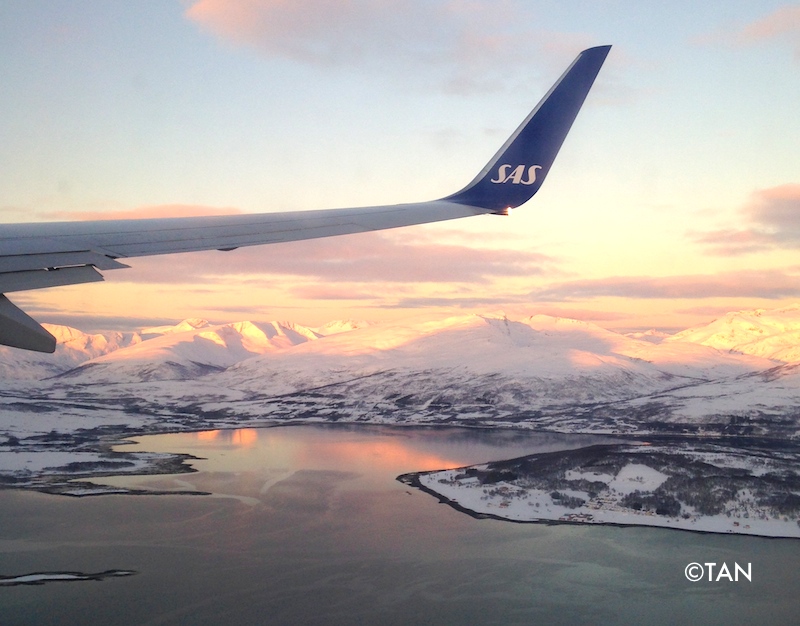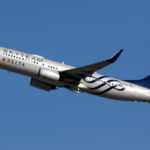
(TAN): Star Alliance, the world’s largest global airline alliance, and its member airlines have been working on a series of steps to ensure health and hygiene safety of customers when they fly across the alliance, and to provide health and hygiene-related information at their fingertips, to help provide peace of mind when they plan their travel, a SAS news release said. SAS is a member of the alliance and the efforts looks to restore public confidence in air travel.
[ALSO READ: Is virtual reality the future of travel?]
The 26 Star Alliance member airlines have agreed to a common set of health and hygiene safety measures intended to provide customers the comfort of knowing that whenever they are onboard any Star Alliance flight, they can expect consistent care on access to hygiene amenities, protective wear by fellow passengers and crew, special procedures for handling unwell passengers and crew, and enhanced processes and disinfectant products for aircraft cleaning.
Customers can now access the alliance’s newly developed Travel Information Hub that has the most relevant health and hygiene measures adopted by all its member airlines and an extensive range of airports in the Star Alliance network. The information resource is intended to help customers prepare for their journey and to fly with confidence, with enhancements for a more personalized experience and in multiple languages due to be available in July.
[ALSO READ: Here’s how much US travel could drop this year from the impact of COVID-19]
Star Alliance CEO Jeffrey Goh said, “It goes without saying that safety of our customers is the No.1 priority. We have been working with our member airlines to adopt measures that assure the well-being of our customers so that, when they’re ready, they can fly with confidence.”
“The commitments from our member airlines and the Travel Information Hub are two first steps we are taking to reassure customers of their health and hygiene safety when they travel across the alliance,” he added.
The aviation industry is among the hardest hit by the impact of the COVID-19 pandemic.




